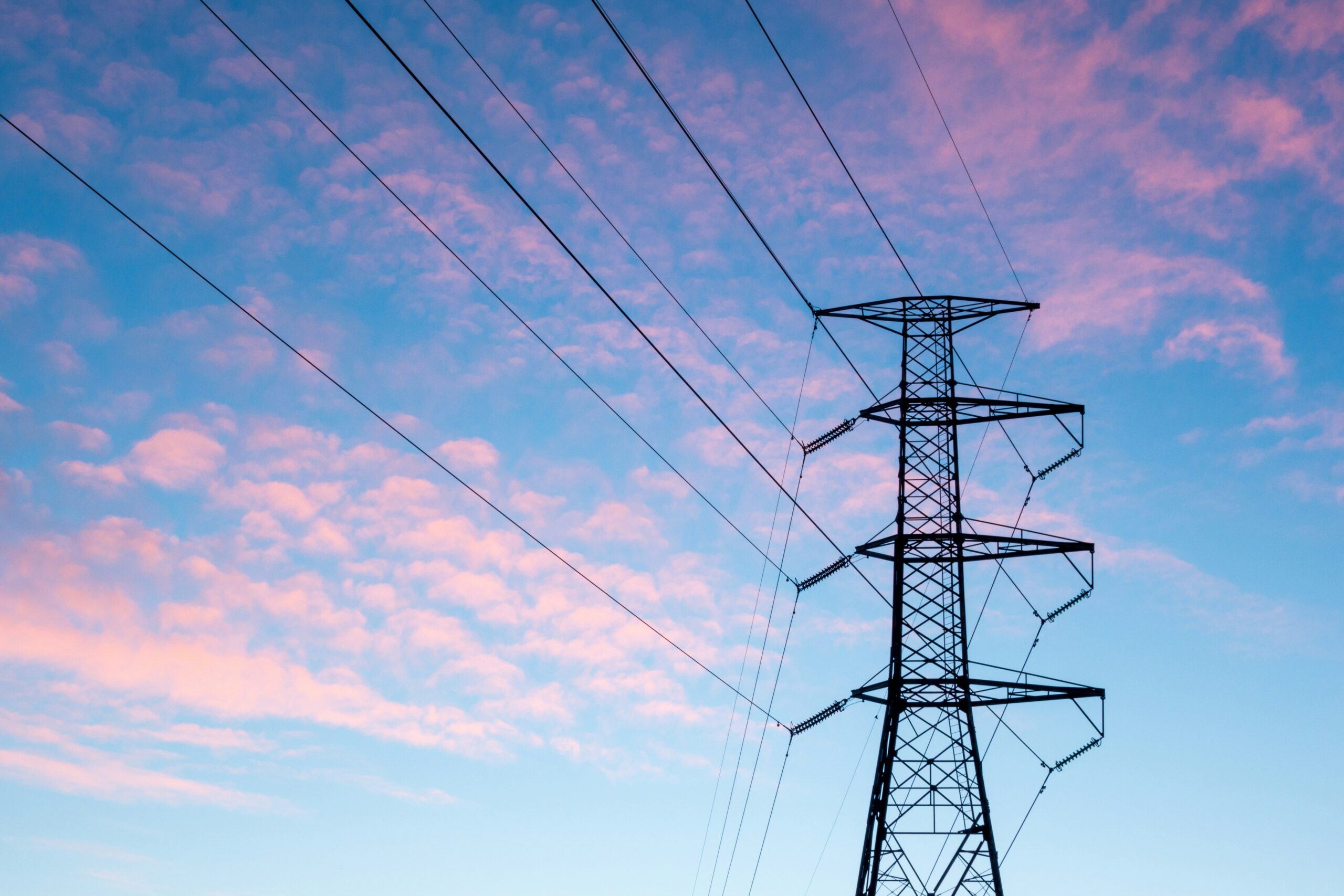
Policy Update
States Pursuing Utility Accountability Legislation Across the Country
March 4, 2024
This year, 10 states are considering legislation aimed at utility accountability and preventing utilities from using ratepayer funds for political activities.
Currently, utilities can pass off certain kinds of lobbying costs, promotional advertising, and other political influence activities to their ratepayers unknowingly. Doing so can lead to higher costs on utility bills for consumers.
Why It Matters
Actions by utility companies determine what type of energy is integrated into the grid. As states continue to implement and increase their renewable energy standards, it’s essential utility companies coordinate to integrate renewables into the grid.
However, currently, many utility companies use money from ratepayers to lobby against renewable energy goals causing utility bills to increase from reliance on higher-priced energy sources.
“Our state thrives when we prioritize the well-being of our constituents. Senate Bill 149 will reign in the excessive political influence of these utility monopolies. At a time when utility bills are already high, customers should not be forced to pay for political advocacy that they may not agree with. Let’s put the public back into public utilities.”
– Ohio State Senator Kent Smith
Last year, Colorado, Connecticut, and Maine enacted legislation to end this practice. This trend of legislation comes amidst recent utility bribery and scandals across the country.
Read more about getting politics out of utility bills from the Energy and Policy Institute.
State Action
There are currently ten states considering utility accountability legislation to prohibit utilities from recovering political expenses from ratepayers. These states include Arizona, California, Illinois, Maryland, Minnesota, New York, Ohio, Pennsylvania, Utah, and Virginia.
